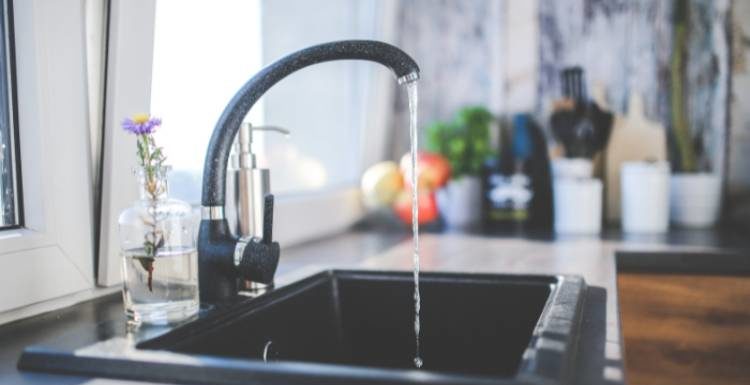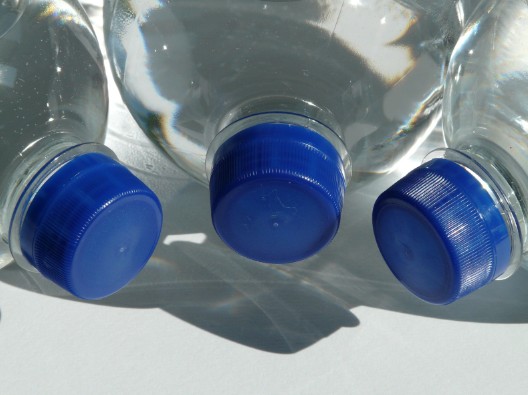
As pollution and population growth diminish the Earth’s supply of clean water, the need to conserve water has become increasingly important. Two of the most effective ways that you can green your water use are minimizing the water that you waste and not buying bottled water.
Table of Contents
Reduce Water Waste
To reduce the water that you waste, make some simple repairs around the house and a few adjustments to your everyday chores and grooming routine.
- Fix running toilets: A running toilet can waste more than 5,000 gallons of water per month. Try fixing a running or leaking toilet yourself or call a professional.
- Fix leaking faucets: Many cities worldwide lose as much as 40% of their drinking water to leaks. Even a single slow drip can waste 20 gallons per day. Try fixing any faucet leaks yourself or call a plumber.
- Use a dishwasher: Energy-efficient dishwashers, such as those that bear the ENERGY STAR label, require less water than hand-washing. If you use a dishwasher, run it only when you have a full load.
- Washing clothes: Run the washer only when it’s full. If you need to wash single garments, take them to a dry cleaner that uses Earth-friendly methods.
- Watering your lawn: American homeowners pour 7 billion gallons of water onto their lawns every day. If you water your lawn, do so at night, and switch from a traditional sprinkling system to a soaker hose, which seeps water directly into the soil rather than projecting it upward into the air.
- Shower instead of taking a bath: Relatively brief showers require much less water than baths. If you already do shower, cut your shower time to 5–10 minutes at most.
- Personal grooming: When brushing your teeth or shaving, don’t leave the water running.
Don’t Buy Bottled Water

Bottled water is marketed as a healthy alternative to tap water, but it is typically no purer than tap water, and it does severe environmental damage.
Bottled Water Isn’t Healthier than Tap Water
Several studies have shown that the quality of bottled water is only equal to or even inferior to that of standard tap water—some bottled water brands even use municipal tap water as their source. To make matters worse, some bottled-water companies add salt and synthetic chemicals to the water. Finally, chemicals called phthalates, which are used to make plastic water bottles, can leach into the water over time and cause health problems.
The Environmental Impact of Bottled Water
Every year, 1.5 million gallons of fuel oil are expended in transporting bottled water—roughly the equivalent of the fuel that 100,000 cars use in a year. Bottled water continues to do environmental harm long after it’s transported and consumed—of the 2.7 million tons of plastic used to bottle water each year, only 14% of it is recycled. It takes the remaining 86% more than 1,000 years to biodegrade.
An Alternative to Store-Bought Bottled Water
You can save money and help the environment by filling a reusable water bottle with tap water and carrying it with you rather than buying bottled water. Nalgene® (nalgene.com) and CamelBak® (www.camelbak.com) make water bottles that can be reused indefinitely. These specially manufactured bottles are inexpensive ($8–10), virtually unbreakable, and eliminate the chemical leaching problem that can occur from reusing standard bottled-water bottles. They’re readily available at sporting goods stores nationwide or online. You can also avoid plastics altogether and buy a stainless steel bottle instead.
Most tap water is actually purer and healthier to drink than bottled water. If you’re concerned about the quality of your tap water, consult your local water utility—you can search for yours online at www.drinktap.org. Most utility companies will offer to test your water quality on site for free or for a nominal fee. If your tap water is unsafe for drinking, or if you’d just prefer not to drink “straight” tap water, consider buying a water filter that installs on your faucet or under the sink, or buy a hand-held model, such as the popular Brita® and PUR® models.

